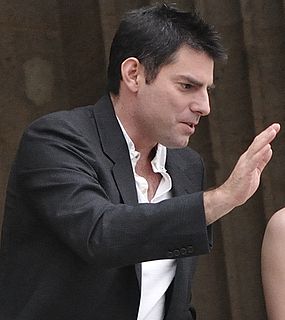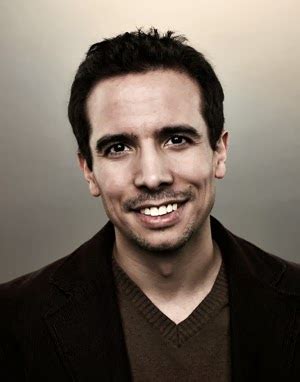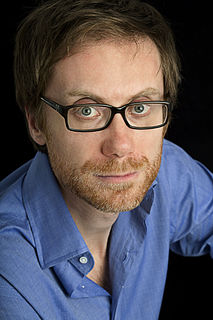A Quote by Chris Weitz
The reason that stepmothers are often the bad guy in fairy tales is because people died in childbirth, all the time, so fathers remarried and there would be a struggle between the children and the new wife, in terms of who would inherit what.
Related Quotes
I did translations of Grimms' Fairy Tales and became very charmed about that way of looking at things. Fairy tales tell a lot of truths. Just as a side point, for instance, we always think the bad guys in fairy tales are the stepmothers, who are witches. But where are the fathers when the witches are killing and mishandling their children? Away. They are on a business trip. They are hunting, they are away. Wow, you know! No one says the fathers are the bad guys! It's one of the things you don't say. But my goodness, where are they?
When I was a little girl I used to read fairy tales. In fairy tales you meet Prince Charming and he's everything you ever wanted. In fairy tales the bad guy is very easy to spot. The bad guy is always wearing a black cape so you always know who he is. Then you grow up and you realize that Prince Charming is not as easy to find as you thought. You realize the bad guy is not wearing a black cape and he's not easy to spot; he's really funny, and he makes you laugh, and he has perfect hair.
[Fairy tales] are like a journey to the woods and the many ways you can get lost. Some people say it's not a good idea to read fairy tales to anyone under the age of eight because they are brutal and raw. When I was a kid I often felt that kids's books were speaking down to me, but I never felt that way about fairy tales. They are bloody and scary, but so is life.
When I was a kid, both my mom and my dad worked night shifts, so we would spend a lot of time at my grandfather's house. He taught at UCLA and was just really into history. Before bed, when other kids heard fairy tales, he would tell us about the American founding fathers and the beginning of democracy.
I have been writing fairy tales for as long as I can remember. Not much has changed in terms of my natural attraction to the narrative techniques of fairy tales. My appreciation of them in the traditional stories has deepened, especially of flat and unadorned language, intuitive logic, abstraction, and everyday magic.
The reason I keep talking about a wife and saying the word wife on stage is because it seems a funny word to me. The more you say it, the more it seems to detach from that person and become this sort of abstract thing: that you would set out to find a wife, that it would be an objective like buying a new car.
The reason I keep talking about a wife and saying the word 'wife' on stage is because it seems a funny word to me. The more you say it, the more it seems to detach from that person and become this sort of abstract thing: that you would set out to find a wife, that it would be an objective like buying a new car.
Fairy tales have always been about getting through the worst of everything, the darkest and the deepest and the bloodiest of events. They are about surviving, and what you look like when you emerge from the trial. The reason we keep telling fairy tales over and over, that we need to keep telling them, is that the trials change. So the stories change too, and the heroines and villains and magical objects, to keep them true. Fairy tales are the closets where the world keeps its skeletons.

































